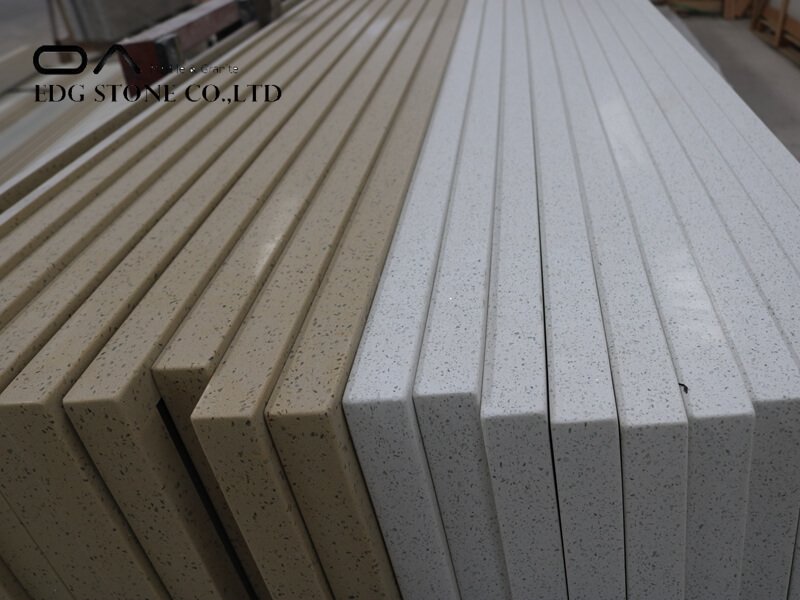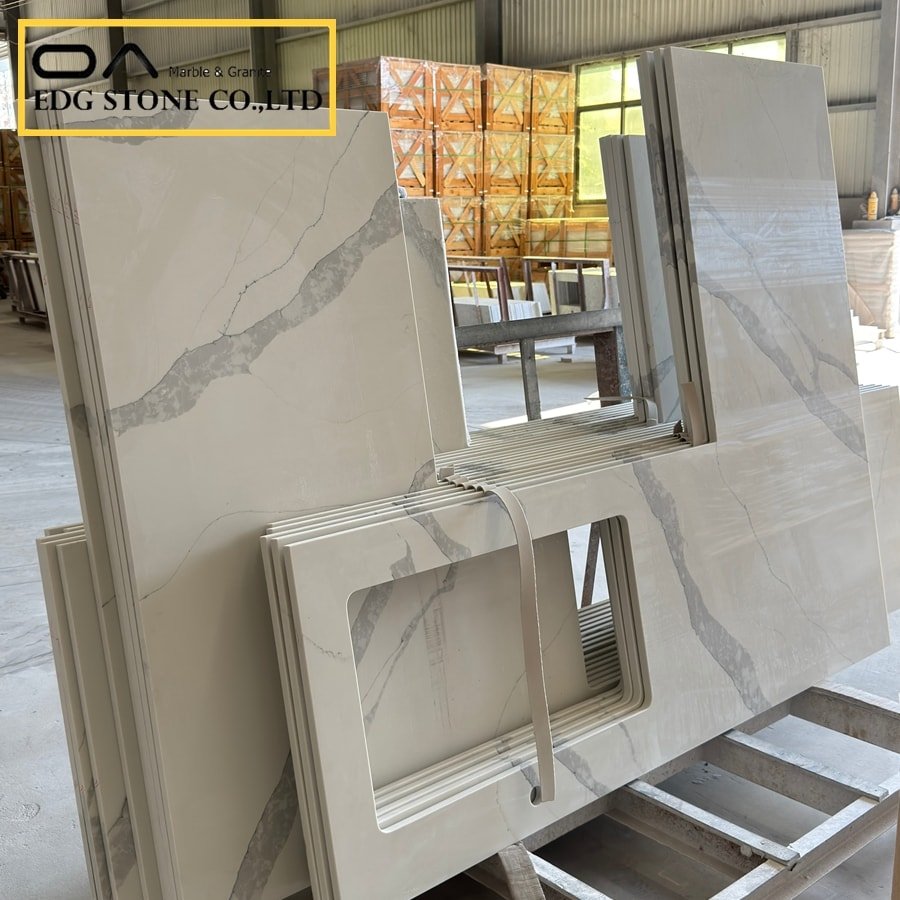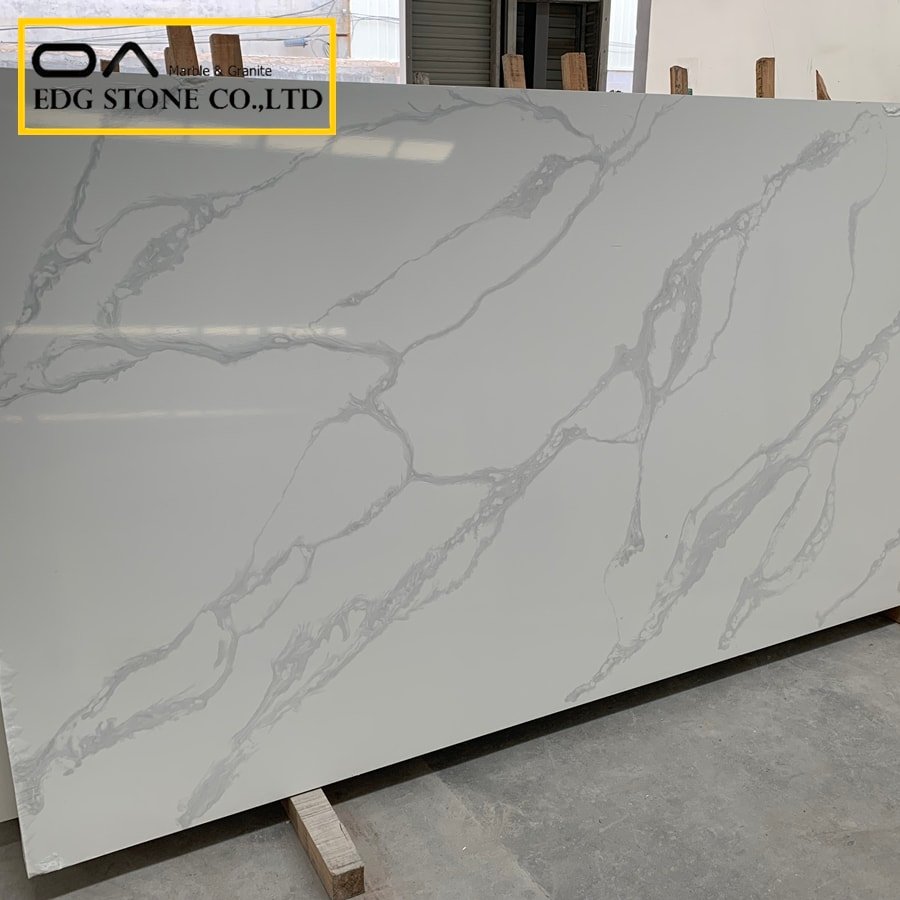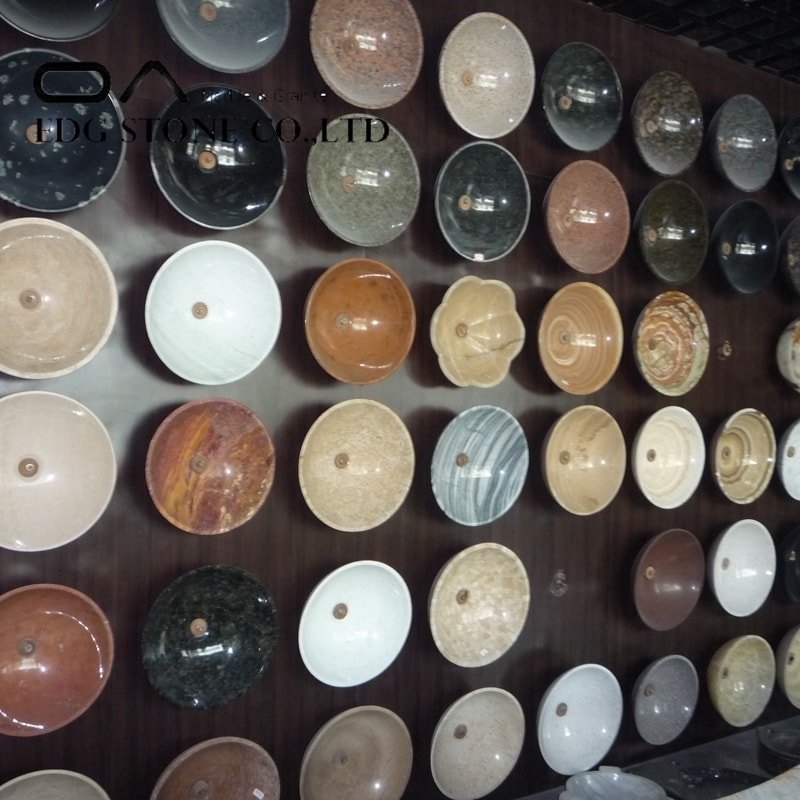Many owners have done their own work in choosing stone materials, and shop around, but when they arrive in the building materials market, they feel that they have insufficient knowledge and have to spend time listening to the other side’s explanation. Learn the difference between quartz stone and marble here. Does it have a multiplier effect on the purchase? Commonly used stones are mainly marble and quartz stone. Marble is divided into natural marble and artificial marble. What is the difference between quartz stone and marble? I believe that all of you are not very clear. Today, you might as well come to understand with me. Let’s get information about quartz and marble!
The difference between quartz stone and marble:
What is marble?
Marble is formed from sedimentary rock and metamorphic rock of sedimentary rock. It is a kind of metamorphic rock formed after the recrystallization of limestone, usually accompanied by the texture of biological remains. The main component is calcium carbonate, the content of which is about 50%-75%, which is weakly alkaline. Some marbles contain a certain amount of silica, and some do not. The particles are fine and fine (referring to calcium carbonate), the surface stripe distribution is generally irregular, and the hardness is low.
Natural marble characteristics:
1. Non-conductive, non-magnetic, stable field and other characteristics.
2. With bright colors and rich colors, it is widely used in the decoration of indoor walls and floors. Has excellent processing performance: sawing, cutting, polishing, drilling, carving, etc.
3. Good wear resistance, not easy to age, and its service life is generally about 50-80 years.
4. In industry, marble is widely used. Such as: used in raw materials, cleaning agents, metallurgical solvents, etc.
Natural marble:
Advantages: It feels cool in the hand, with natural texture and luster. Its material and color are quartz stone, which cannot be made by artificial stone.
Disadvantages: The stone has a color difference, high radiation, and has holes inside, which is easy to mold.
Natural marble is currently rarely used in kitchen countertops or oily places (because of the uneven density and looseness of natural materials themselves, it is difficult to clean once they encounter dirt!), but it can be used in bathroom countertops and other places, as well as window sills. , The first choice for gate stone.
Artificial marble:
Advantages: cheap price, fine texture, seamless splicing, health, and environmental protection, not easy to penetrate, easy to process and shape.
Disadvantages: The material is soft and easily deformed and scratched, not anti-permeable, easy to mold, and easy to be polluted, and the resin content is high and cannot withstand high temperatures.
Artificial marble is artificial marble made by certain technical means. In contrast, natural marble is better, but now that there will be artificial marble, it also shows that there are not many natural marbles, and the price will be higher.
Quartz
Advantages: not easy to scratch, high-temperature resistance, no burns, anti-aging, non-fading, long-lasting beauty, anti-bacterial, anti-virus, long-lasting bright surface, non-toxic, and non-radiation.
Disadvantages: The price is slightly higher than other stone materials. Because the quartz stone countertop is too hard, it is not easy to process.
The quality of quartz stone is directly related to the content of resin. The higher the content of quartz stone in the quartz stone, the lower the resin content, the better the quality, and the closer it is to natural, the less easily deformed. Experts pointed out that when the content of the resin in the quartz stone is greater than 10%, the corresponding technical indicators will drop accordingly. At this time, the quartz stone can no longer be called a real quartz stone.
In fact, there is no good or bad argument for stone. It mainly depends on which field it is suitable for. Quartz stone is generally 20mm thick, while artificial marble is 15mm thick. If it is a cabinet countertop, quartz stone is the first choice!









